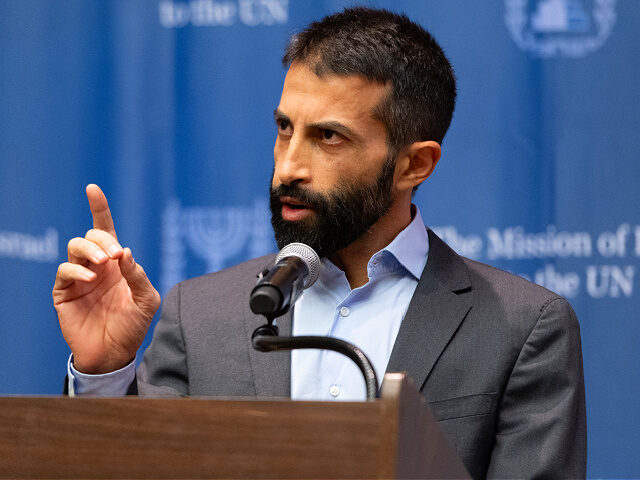In a stunning revelation, Mosab Hassan Yousef, the son of one of Hamas's founders, has claimed that many of the horrific crimes committed during the October 7 attack on Israel were carried out by civilians, not just Hamas operatives. This statement, made in a recent interview, sheds new light on the brutalities that shocked the world.

Yousef explained that while Hamas fighters led the initial wave of the attack, civilians quickly followed, taking part in some of the worst atrocities. "Most of the atrocities that happened on October 7 in Israel were not only committed by Hamas," Yousef stated. "Hamas came first, and Hamas operatives were there, but then waves of civilians followed. Those were the ones who did most of the rapes and kidnappings. It was the hand of so-called civilians."
This chilling claim adds a disturbing layer to an already horrific situation. The October 7 attack, widely blamed on Hamas, saw an unprecedented level of violence against Israeli civilians. Homes were raided, people were kidnapped, and hundreds lost their lives. However, Yousef's statement suggests that many of these heinous acts were not just part of an organized terrorist operation but involved ordinary civilians as well.
According to Yousef, these civilians took part in brutalizing hostages as they were taken into Gaza. He further described how even the corpses of the victims were subjected to inhumane treatment. "The brutality was beyond what people might expect from trained militants," Yousef added, implying that the actions of the civilians were particularly shocking.
Yousef's claim has sparked outrage and further concern over the true scale of the violence that unfolded. His remarks have brought attention to a darker side of the conflict, one that implicates not just militant groups like Hamas but also local civilians. The international community, already grappling with the aftermath of the attack, now faces the disturbing idea that ordinary people may have played a significant role in the violence.
Mosab Hassan Yousef, who has been estranged from his father, Sheikh Hassan Yousef, one of the founders of Hamas, has long been a controversial figure. Born into a prominent Hamas family, Yousef secretly converted to Christianity in the late 1990s and later worked as a spy for the Israeli intelligence agency Shin Bet. Known by the codename "Green Prince," he provided valuable intelligence to Israel during some of the most intense periods of the Israeli-Palestinian conflict.
Yousef's defection from Hamas and his subsequent work with Israeli intelligence have made him both a target and a hero, depending on one's perspective. He has been vocal about his opposition to Hamas, which he describes as a terrorist organization bent on destruction rather than peace.
In 2010, Yousef published a memoir titled Son of Hamas, in which he detailed his journey from being the son of a Hamas leader to working against the organization. In the book, he claimed to have helped prevent numerous terrorist attacks and even arranged for the repeated arrest of his father to protect him from being assassinated by Israeli forces.
Yousef's recent comments about the October 7 attack further complicate the narrative surrounding Hamas and the ongoing Israeli-Palestinian conflict. His assertion that civilians were deeply involved in the violence presents a grim picture of the situation on the ground and raises questions about the role of ordinary people in the escalation of hostilities.
As the world continues to process the horrors of the October 7 attack, Yousef's claims are likely to spark further investigation and debate. His words add to the already intense scrutiny surrounding Hamas's actions and the broader involvement of civilians in acts of violence during the conflict.









